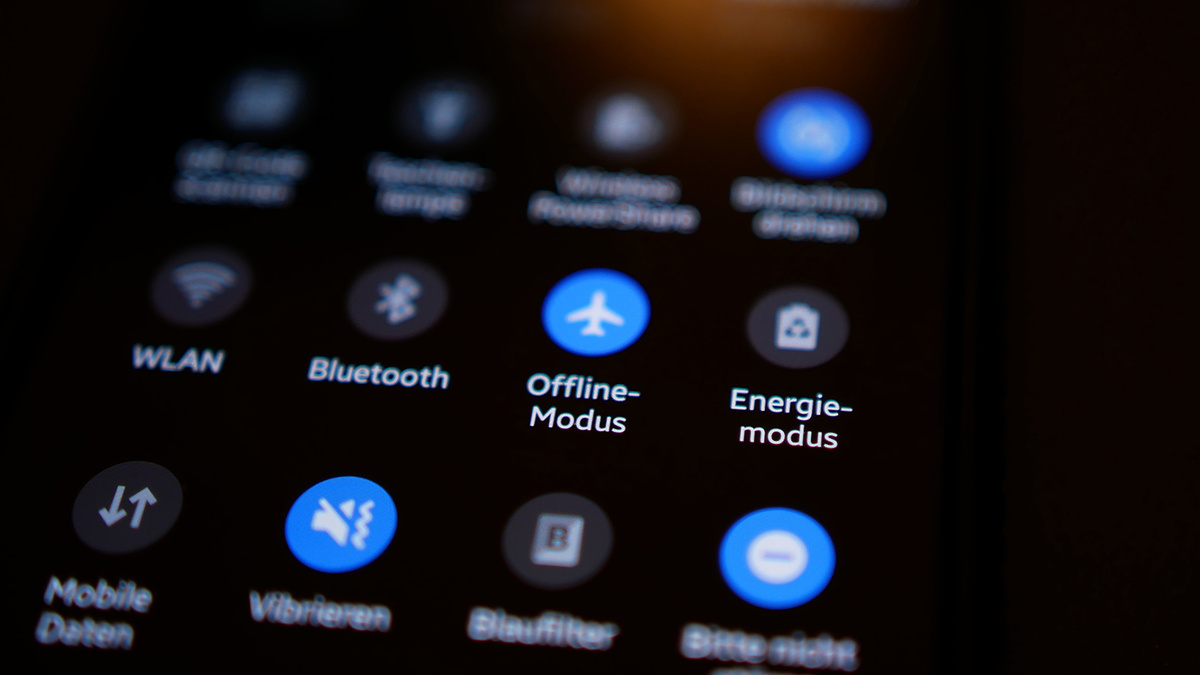Show table of content Hide table of content
Wi-Fi is often practical in your home, but leaving this connection on all the time can be unwise. Between comfort and vigilance, managing your network remotely raises security issues. Here’s why you should disable it when you’re not at home.
Why leaving Wi-Fi always on on your smartphone is a bad idea
When Wi-Fi connectivity is permanently switched on on your smartphone, it is constantly looking for a network to “hook into”. Admittedly, you have to manually validate the connection to a Wi-Fi network in order to connect to it: sometimes you even have to enter an identifier. However, unless you regularly clean up the networks to which you have been connected at least once, they will remain in your smartphone’s memory. And every time you return to a place where you have already been connected, your terminal will automatically link to it.
This is where the problem lies. When it comes to public networks, it is impossible to monitor the IT security of the premises and how it has evolved since your last visit: a café, shop or station may have had its Wi-Fi network compromised between your first visit and the next. And your smartphone may connect to it without you even realising, potentially putting your data at risk.
What can be done to limit the risks associated with Wi-Fi on mobile phones?
There are three ways to limit the risks associated with Wi-Fi on your smartphone:
- You can deactivate mobile Wi-Fi when you leave your home. To do this, simply go to your smartphone settings, then to network options. You can also deactivate the function directly from the menu accessible by scrolling down on your mobile interface.
- You can also clean house regularly by deleting the Wi-Fi networks to which you have connected. Ideally, you should do this systematically when you no longer need to use a public network. It only takes a few minutes to reconnect to it if necessary.
- Finally, when you connect to a public Wi-Fi network, try to use a VPN as much as possible to anonymise your access. This protects you from potential security breaches and malicious hacking.


